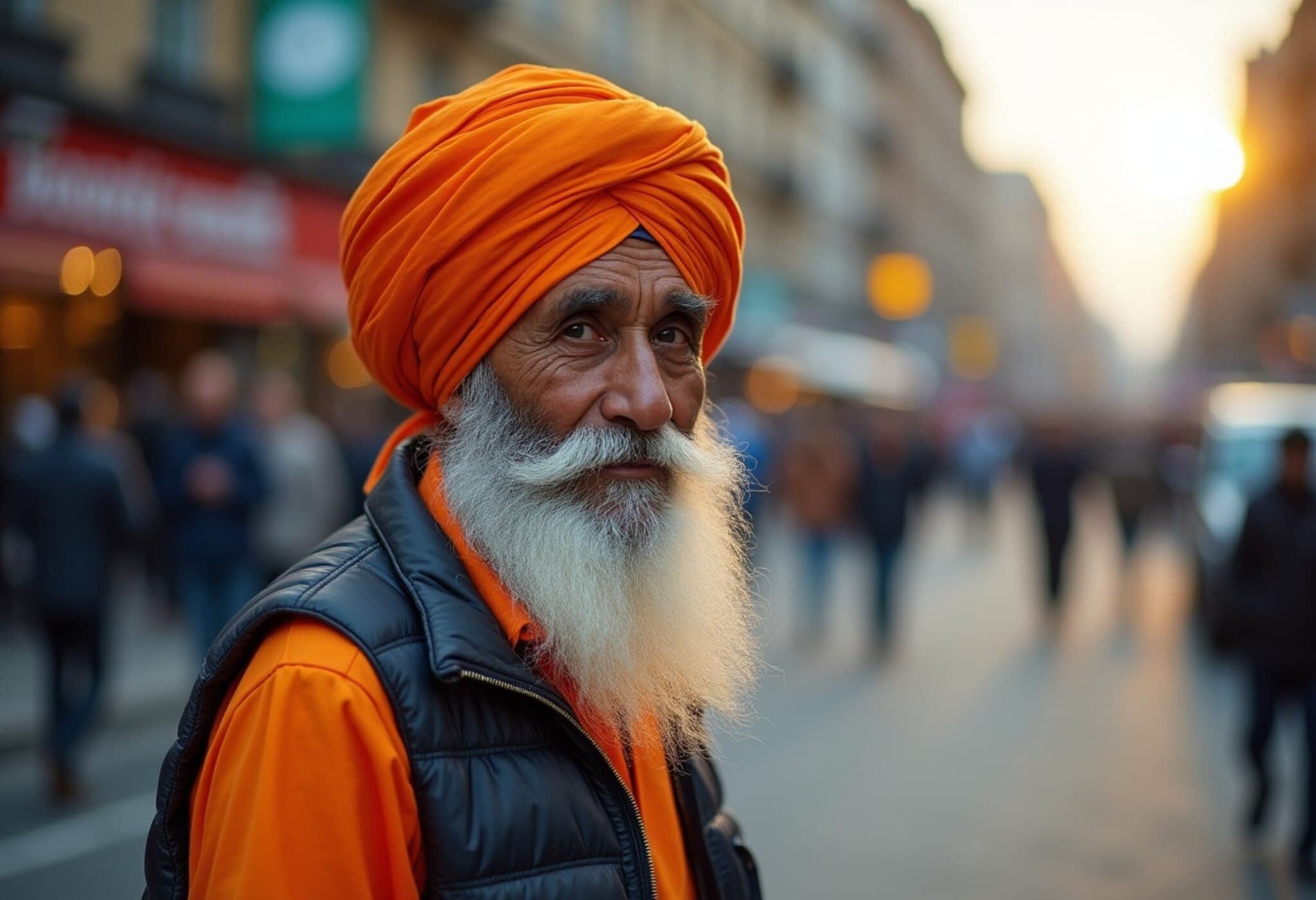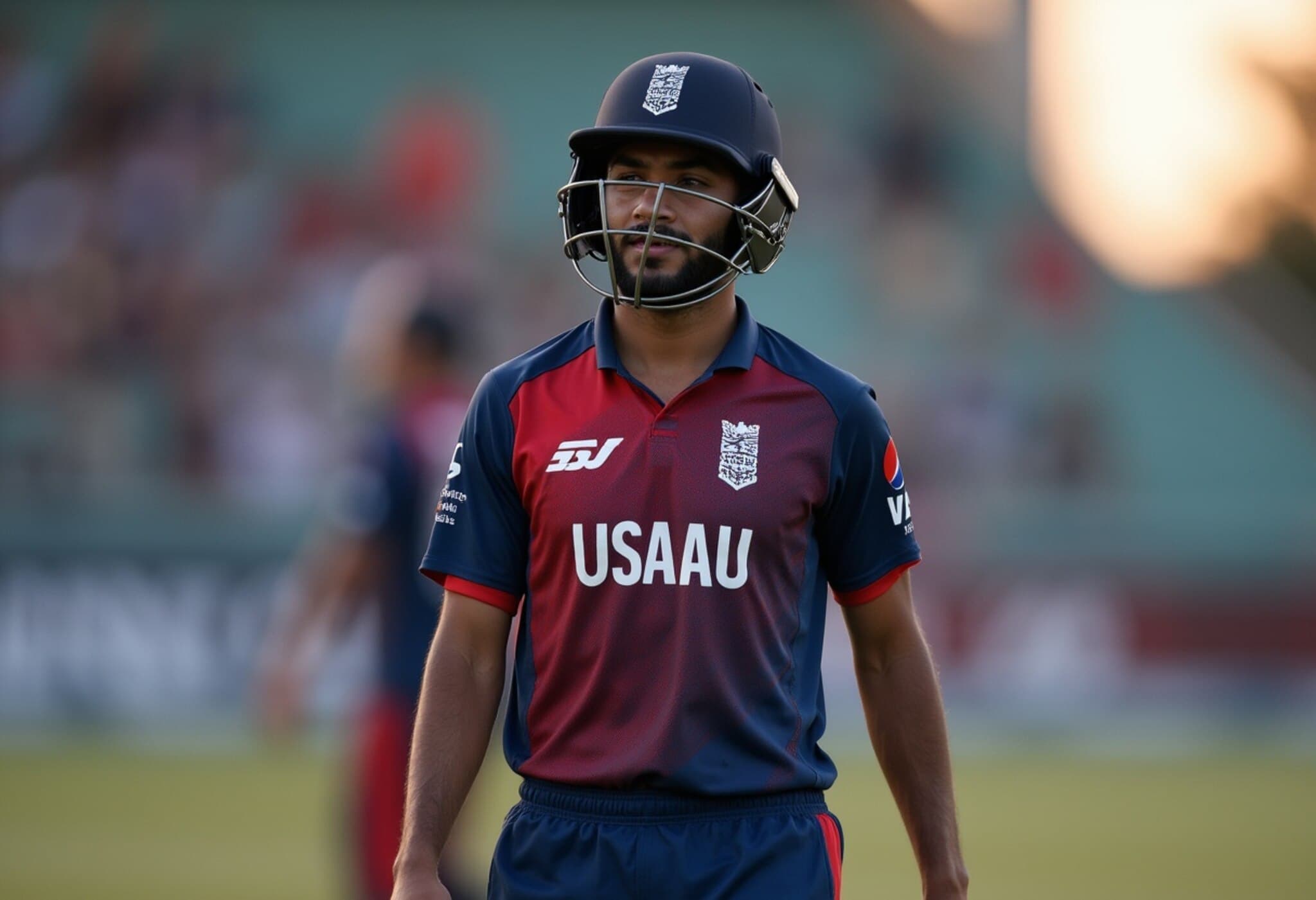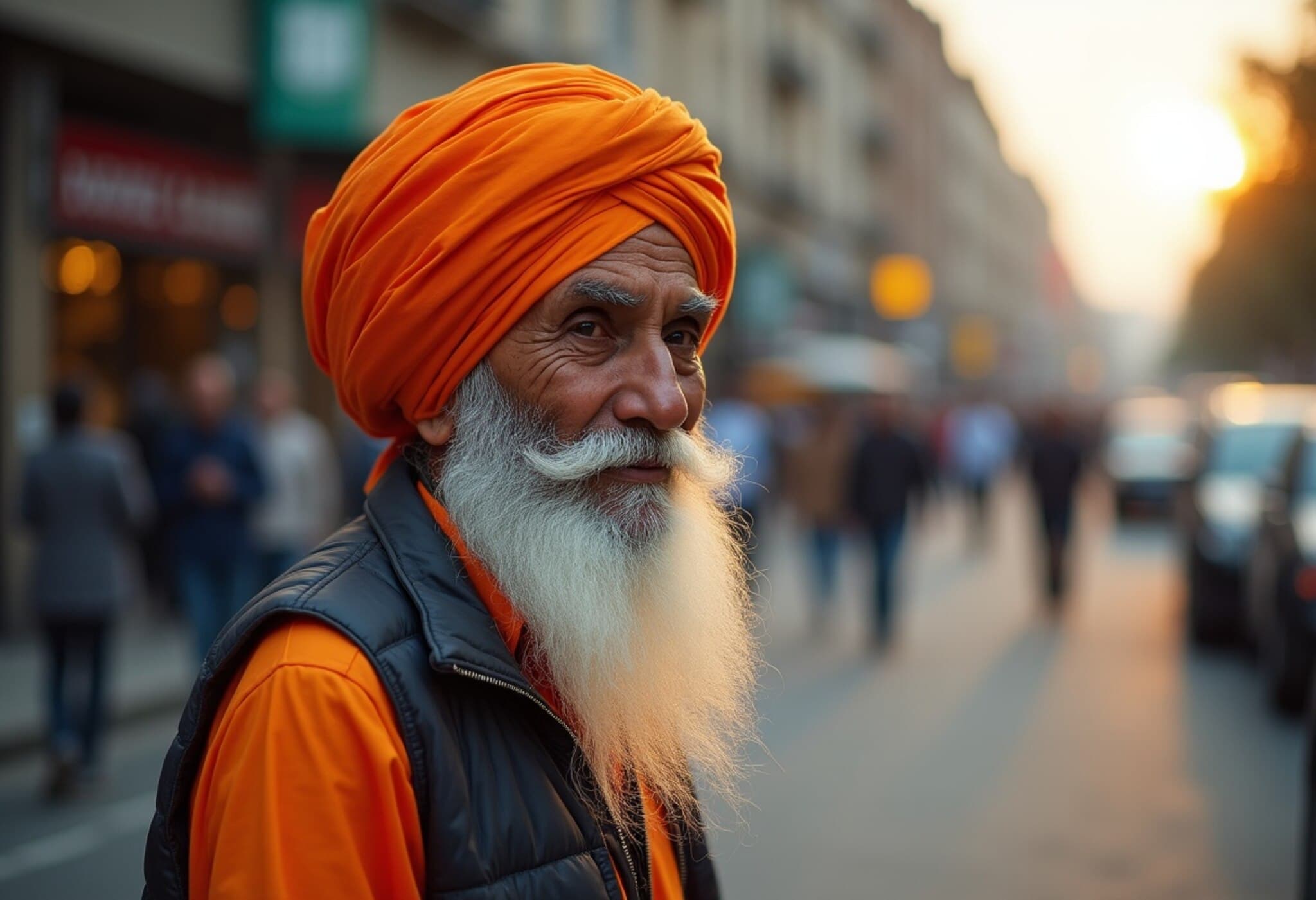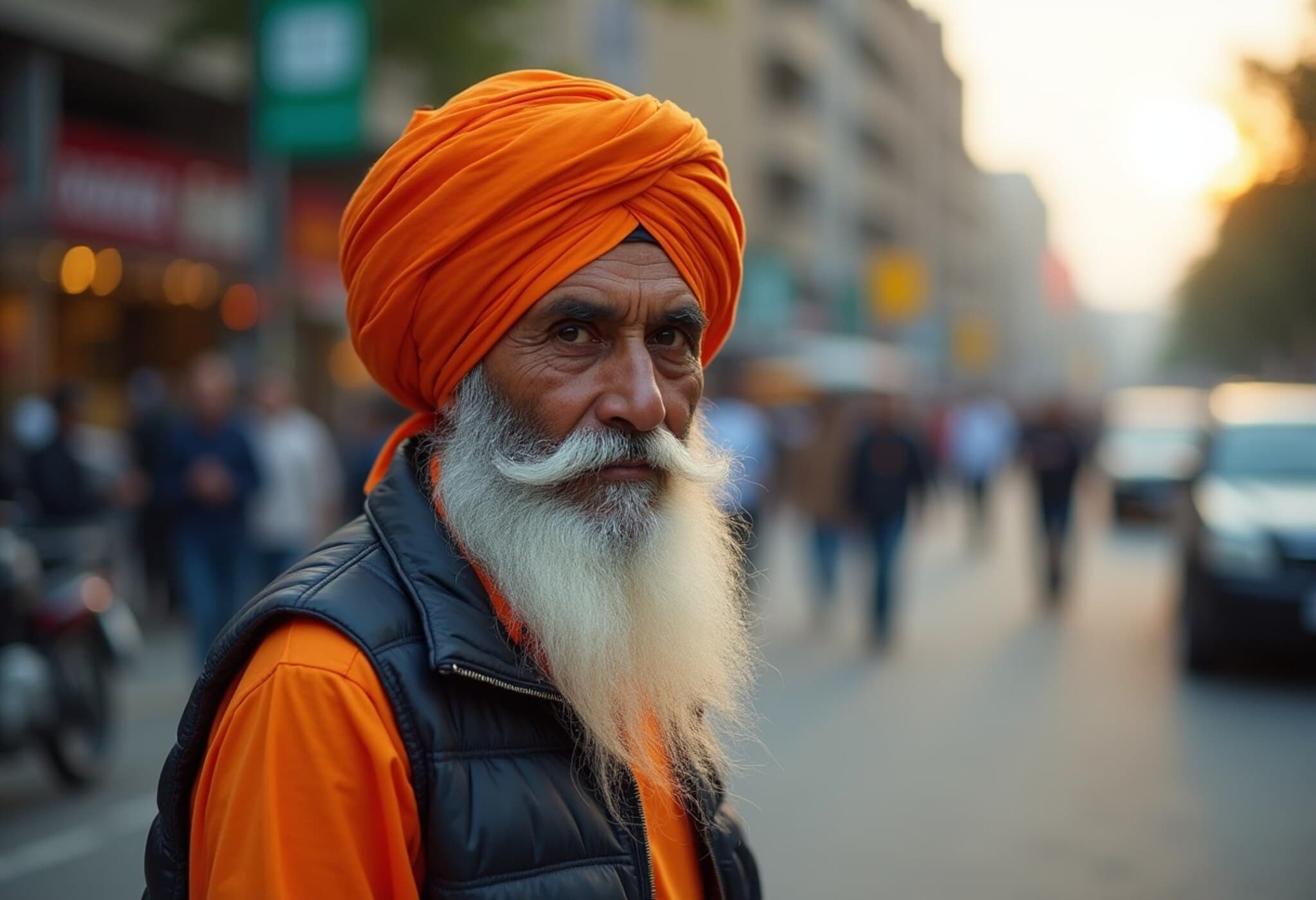UK Pays Tribute to Fauja Singh, Marathon Legend and Symbol of Resilience
The world lost a remarkable figure when Fauja Singh, the world's oldest marathon runner, tragically passed away at the age of 114 after a car accident in his native village of Beas Pind, Punjab. Known far and wide for his extraordinary athletic achievements and inspiring spirit, tributes have flooded in from across the United Kingdom, highlighting how Singh transcended sport to become a beacon of hope and cultural pride.
From Humble Beginnings to Global Icon
Born in 1911, Fauja Singh’s journey was anything but ordinary. Having faced significant personal tragedies—including the loss of a daughter, his wife, and a son—Singh emigrated to the UK seeking solace and new opportunities. It was only in his 80s that he discovered running, initially as a way to overcome boredom and maintain his health. What started as a simple pastime soon catapulted him into global stardom.
His remarkable debut at the 2000 London Marathon at age 89, after just 11 weeks of training under coach Harmander Singh, marked the beginning of an unprecedented career. Over the next decade, Fauja completed nine marathons, astonishingly running his last at age 101 in 2012.
A Legacy of Physical and Cultural Inspiration
Fauja Singh wasn’t just an athlete; he was a staunch advocate for Sikh identity and cultural pride. Wearing his turban and maintaining his uncut beard, he embodied dedication not only to physical fitness but also to living authentically and proudly. Writer and filmmaker Captain Jay Singh-Sohal reflected on this dual legacy, noting how Fauja inspired not just sporting enthusiasts but young Sikhs worldwide to embrace their heritage while achieving greatness.
MP Preet Kaur Gill remembered Fauja as “down-to-earth and humble,” highlighting his simple lifestyle, marked by disciplined eating habits centered around traditional staples like dal and rice.
Enduring Community Impact and Charitable Spirit
Beyond marathons, Fauja Singh leveraged his fame to raise awareness and funds for numerous charities. His story resonated particularly with older adults, many of whom found in him a source of motivation to pursue their own wellness journeys despite age-related challenges.
Nick Bitel, CEO of the London Marathon Group, expressed that Fauja “epitomised the spirit of the marathon,” praising his generosity and inspirational presence.
Singh’s legacy continues through initiatives like the Sikh running group “Sikhs In The City,” which is fundraising to establish a clubhouse along his favorite running route, ensuring his story inspires generations to come.
Scientific Curiosity and an Extraordinary Physical Condition
Medical examinations of Fauja revealed fascinating insights into his exceptional health. Bone density tests showed that even at an advanced age, parts of his skeletal system bore resemblance to that of people decades younger. This striking health profile has intrigued medical professionals studying aging and physical fitness.
Reflecting on Fauja Singh’s Enduring Message
Fauja Singh’s life underscores the profound intersection between resilience, cultural identity, and physical health. In an era where aging is often accompanied by decline and invisibility, Fauja demonstrated that age can be a period of vitality, purpose, and pride.
His story challenges societal perceptions about aging and immigrant identities, illustrating how adherence to cultural traditions can coexist with modern achievements and inspire broad communities.
Editor’s Note
Fauja Singh’s legacy is a powerful reminder that life's limitations are often defined more by mindset and opportunity than by circumstances such as age or background. As societies across the globe grapple with aging populations and cultural integration, his story invites us to rethink how we support and celebrate elders, cultural identity, and physical wellness. The ongoing efforts to memorialize him further highlight the importance of community and remembrance in preserving legacies that uplift and connect us all.













